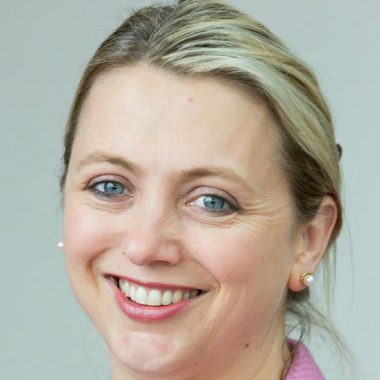A few weeks ago, Pulse ran an article under the headline ‘RCGP urged to explain £10m net income from MRCGP over five years’.
The article stated that an analysis of the RCGP annual accounts from 2010 to 2014 ‘reveals’ that the college has ‘earned on average £2.1m a year from exams’ after direct costs are taken into account.
It went on to say that there were concerns that ‘trainees were being made to fund the college’s activities’.
Understandably, many trainees felt upset, and indeed distressed, by the content of this article, with a number troubled by the idea that the college was making money out of them.
However the article, which was based on a superficial reading of the college’s statutory accounts, was erroneous, and therefore misleading.
The full costs of the exam and supporting our trainees through the exam process do not make a profit. They are actually cost neutral.
In fact, if you look at the period 2010 to 2015 – to include the latest year for which figures are available – the college sustained a deficit on the exam process.
The simple fact is that due to the way statutory accounts are required to be broken down in order to meet accounting standards, many of the costs associated with the exam, such as the full cost of the exam centre and the paperless exam, and of reviewing and developing the curriculum, are not included in the ‘exam’ expenditure, but are included elsewhere.
In addition, the ‘exam’ expenditure does not include the costs we spend on supporting trainees, for instance the hard copy and online materials we produce in order to guide, assist and encourage them through their training journey to the MRCGP licensing examination, or the work we do with LETBs/Deaneries to enhance the assistance in place for trainees.
We have also recently invested in devising improved formative performance feedback on the Clinical Skills Assessment (CSA) and extending time allowed for the Applied Knowledge Test (AKT), both of which will be of significant benefit to candidates, and in particular those who do not pass at the first attempt.
If all of the costs associated with the exam were to be taken into account then during 2010 to 2014 the college made a very small surplus of £527,000 – which was then ploughed back into the exam process.
If we include 2014/15, the college actually sustained a deficit of £761,000.
These figures paint a somewhat different picture to the one that was set out in the original Pulse article.
The truth of the matter is that the college constantly keeps the costs of the exam and the support we provide to trainees under review.
This is because we know that training to become a GP is an expensive and stressful process, and – being the medical royal college for general practitioners – we naturally want to support the next generation of family doctors as much as we can.
At the start of each year, we set a budget for the exam process that is cost neutral and, as one would expect, given the import of the exam, both to trainees and the patient population, do so in a way that is prudent.
Our guiding principle is that while we want to run an exam process that is cost neutral we also want to ensure that there is enough money available to allow the college to run the exam efficiently, give our trainees sufficient support, and manage unforeseen costs or eventualities.
As there is inevitably a great deal of variability around exactly how many trainees take the exam each year, and how many will need to resit, it is impossible to produce a budgetary result, at the end of each financial year, that is exactly a break even one, to the nearest penny.
It is inevitable that in some years we will make a small surplus and, in others, a deficit.
In 2014/15, the exam process made a loss of £1.3m.
This year, we are projecting that the exam process will make a further loss.
However, this is a situation that we would occasionally expect to happen, as our primary objective is always to put as much resource into backing our trainees as possible.
We regularly meet with trainee member representatives from within the college, and also with external bodies that both represent trainees in general, and those who are struggling, in order to ensure we constantly take on board the trainee perspective and address or contribute to addressing key issues.
Our trainees are the UK’s next generation of family doctors and they deserve to be supported by the college through and up to the point at which they take the exam.
Providing support to our trainees is critical, and this is something that we will always see as a priority.
Dr Helen Stokes-Lampard is honorary treasurer of the RCGP

















